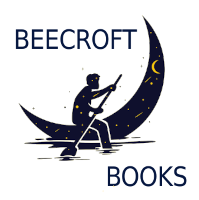Five stars for By Honor Betrayed
Hee! I want to say that this is a good way to start the new year, but actually it’s more that it’s a good way to end the old one 🙂 with this lovely review from Jessewave’s blog: If you are looking for a lovely historical from a talented author, look no further than By…
